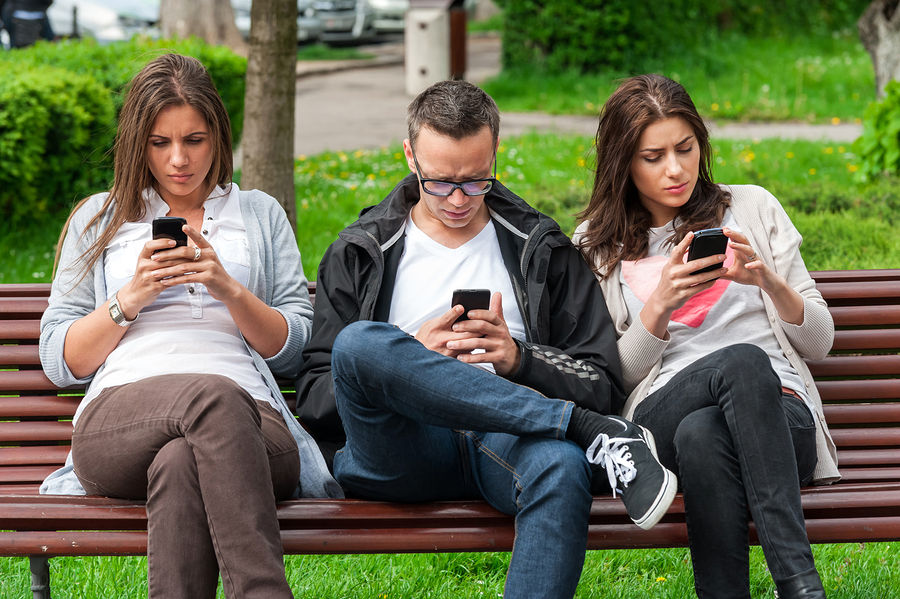Maybe it's time to consider minimalism and bartering and bypass the chaos completely
- Dennis Ketterman
- Feb 24, 2025
- 3 min read
Updated: Jul 30, 2025
Nothing compares to the feeling of being debt-free.
George Carlin's take on the American Dream from fifteen years ago is just as relevant today as it was back then. It's something everyone should listen to every day with their morning coffee just to kickstart their day. He describes (as only he can) how bad we are getting the shaft from our OWNER
Everyone is seeking an advantage to cope with the rise of billionaires dominating the world today. It's an overwhelming and seemingly futile endeavor. Wealth is the ultimate goal in society, and as long as we keep enriching billionaires like the Musk's, Bezos, and Zuckerberg's, this trend will persist. According to the latest Quarterly Report on Household Debt and Credit:
76% of people live paycheck to paycheck
U.S. household debt increased to $18.04 trillion
Mortgage balances alone rose to $12.61 trillion
Auto loan balances increase to $1.66 trillion
Credit card balances increased to $1.21 trillion by the end of 2024
Stuff we buy, but don't need: $1.2 trillion
That's a lot of debt, but that's our system. We keep voting for the same batch of criminals every election. And it's the same old song. Keep people in fear and in debt is the best way to control the masses. And it seems to be working.
Through massive, everyday marketing schemes we are told bigger is better, bigger houses, bigger cars, mindless, denigrating TV commercials scream at us 24/7 to buy, buy, buy, more, more more stuff to fill the big house.
That's the American Dream, and as George Carlin said, "you have to be asleep to believe it." But that's what the mega corporations and ultra rich are counting on that we keep buying and increasing personal debt.
"Americans currently spend $1.2 trillion each year on STUFF we don't need! This is why landfill companies are highly profitable, generating 57 billion dollars annually! Recycling is definitely not in their mission statement"
But if you had the chance to sidestep the stress and challenges of our current financial system and gain true social freedom by adopting a simpler way of living, would you take it?
We indeed have choices—considered radical by some—that are successfully benefiting millions globally.

Minimalism and Bartering. Two words that make big companies selling stuff, nervous
With fewer but thoughtfully chosen items, fewer commitments, and less distraction to gain more clarity on what truly matters, more time, and greater peace. A minimalist lifestyle involves living with fewer possessions and concentrating on what is important. It can help alleviate stress, enhance health, save money and increase happiness.
Being happy and free from unnecessary possessions has no downside, especially when it comes to things we truly don't need. In a world that often equates success and personal worth with material accumulation, the idea of embracing minimalism can be both liberating and transformative. Stripping away the clutter that surrounds us allows individuals to focus on what truly brings fulfillment into their lives.
The act of decluttering not only creates physical space but also mental clarity, enabling us to prioritize experiences and relationships over material goods. This shift in perspective can lead to increased happiness, as we become more aware of the simple pleasures in life, such as spending time with people we care about, engaging in hobbies, or enjoying nature.
Additionally, the financial implications of reducing unnecessary possessions cannot be overlooked. By minimizing our spending on items that do not contribute to our well-being, we can redirect our resources toward more meaningful pursuits, such as travel, education, or personal development. This not only enhances our quality of life but also alleviates the stress associated with financial burdens and the maintenance of excessive belongings.
Bartering
It's the most ancient form of trade, existing before currency, the Federal Banking system, and other exploitative financial practices.
It allows you to conserve money by trading goods and services directly, exchanging value for value. Today, many businesses, both large and small, engage in bartering.
This practice is particularly beneficial for new businesses with restricted cash flow and is perfect for companies that emphasize services over substantial inventories. Minimalism and bartering are complementary tools.

Thrifting is another option, also called secondhand shopping.
It's been common for centuries among frugal and prudent shoppers. Thrifting involves purchasing used pre-owned items such as clothing, furniture and household goods, at lower prices than their original retail value. But in recent years, attitudes have changed, revitalizingthe industry into one driven by economics, consumption and sustainability. Like minimalism and bartering, it's popularity is on the rise.
Many clubs and organizations promote minimalism and other methods to stop billionaires from seizing everything, especially our freedom. Living in fear and debt doesn't fit with the so-called American Dream. JOIN The People's Union here and discover how easy it is to make changes when you have options.
Scroll down to leave your comment.






Comments